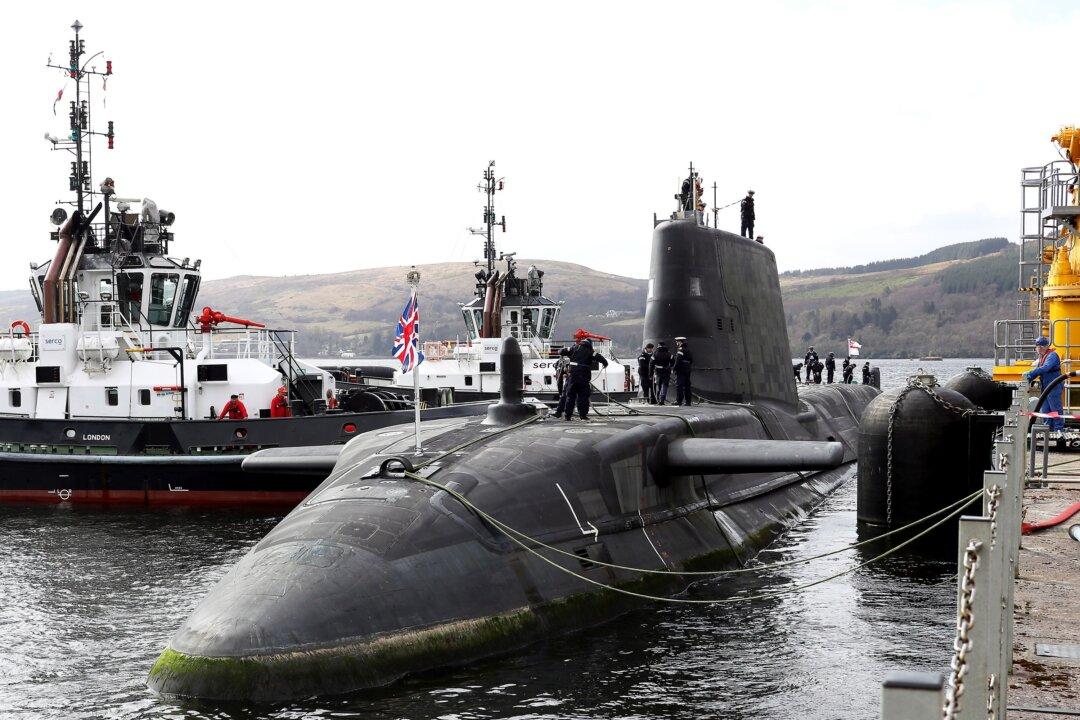The UK will not be ready to fight an all-out war unless the government addresses the Armed Forces’ capability and stockpile shortages and recruitment crisis, MPs have warned.
The Commons Defence Committee said the military is “consistently overstretched” with the demands of operations, and personnel are deployed leaving little time for training in warfighting.




